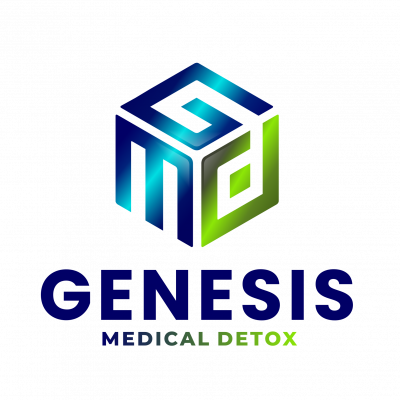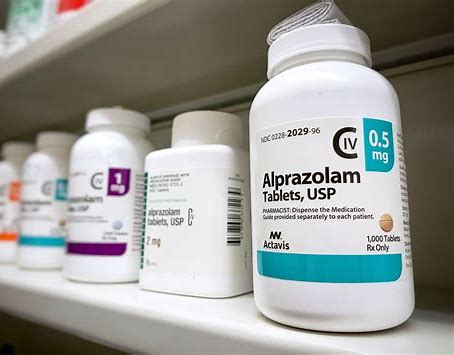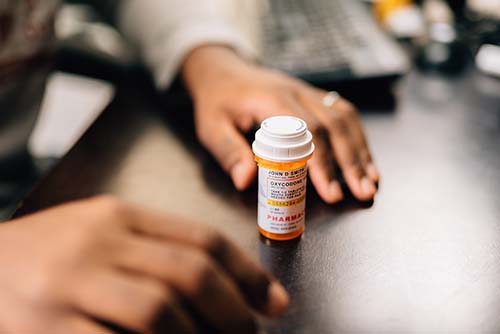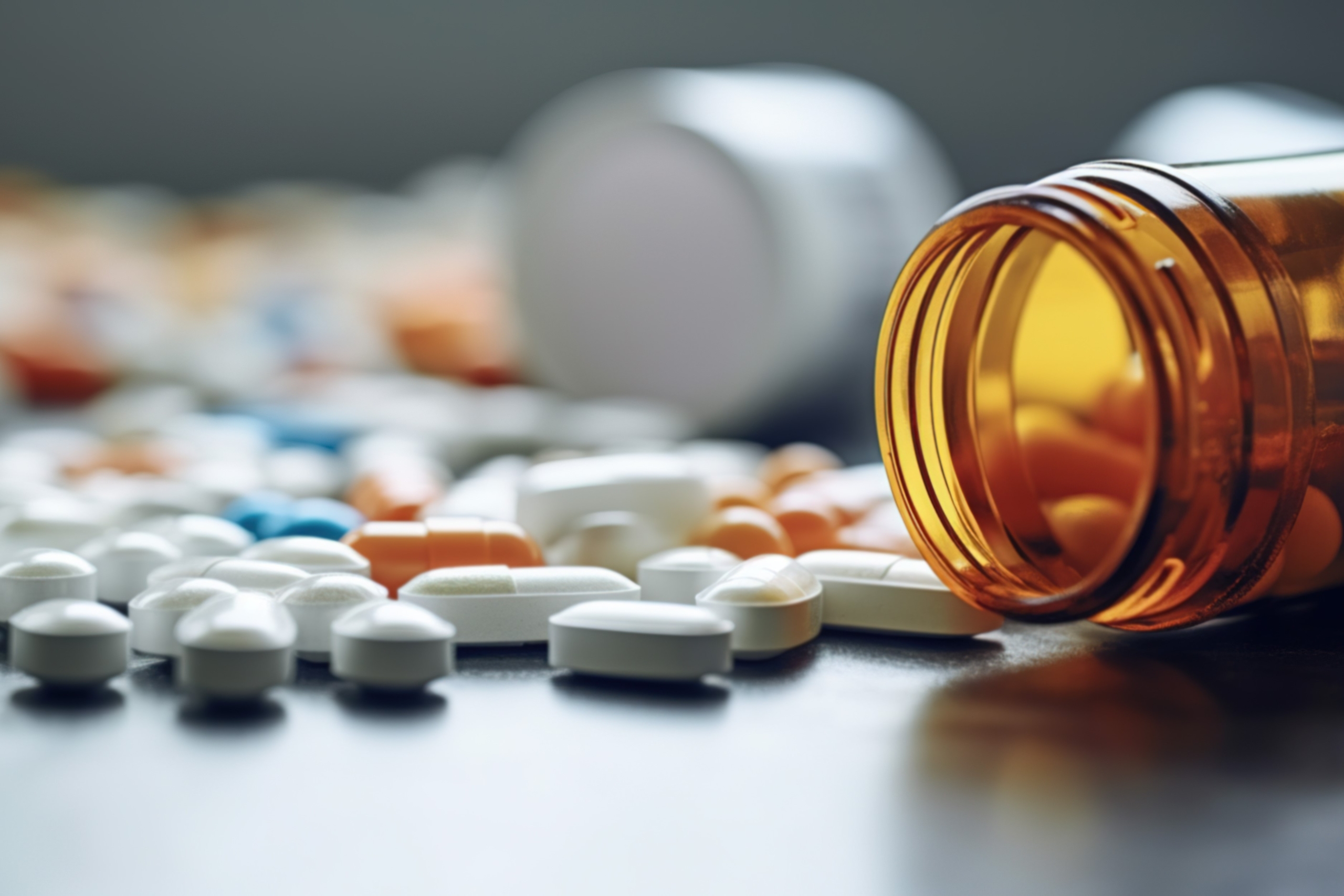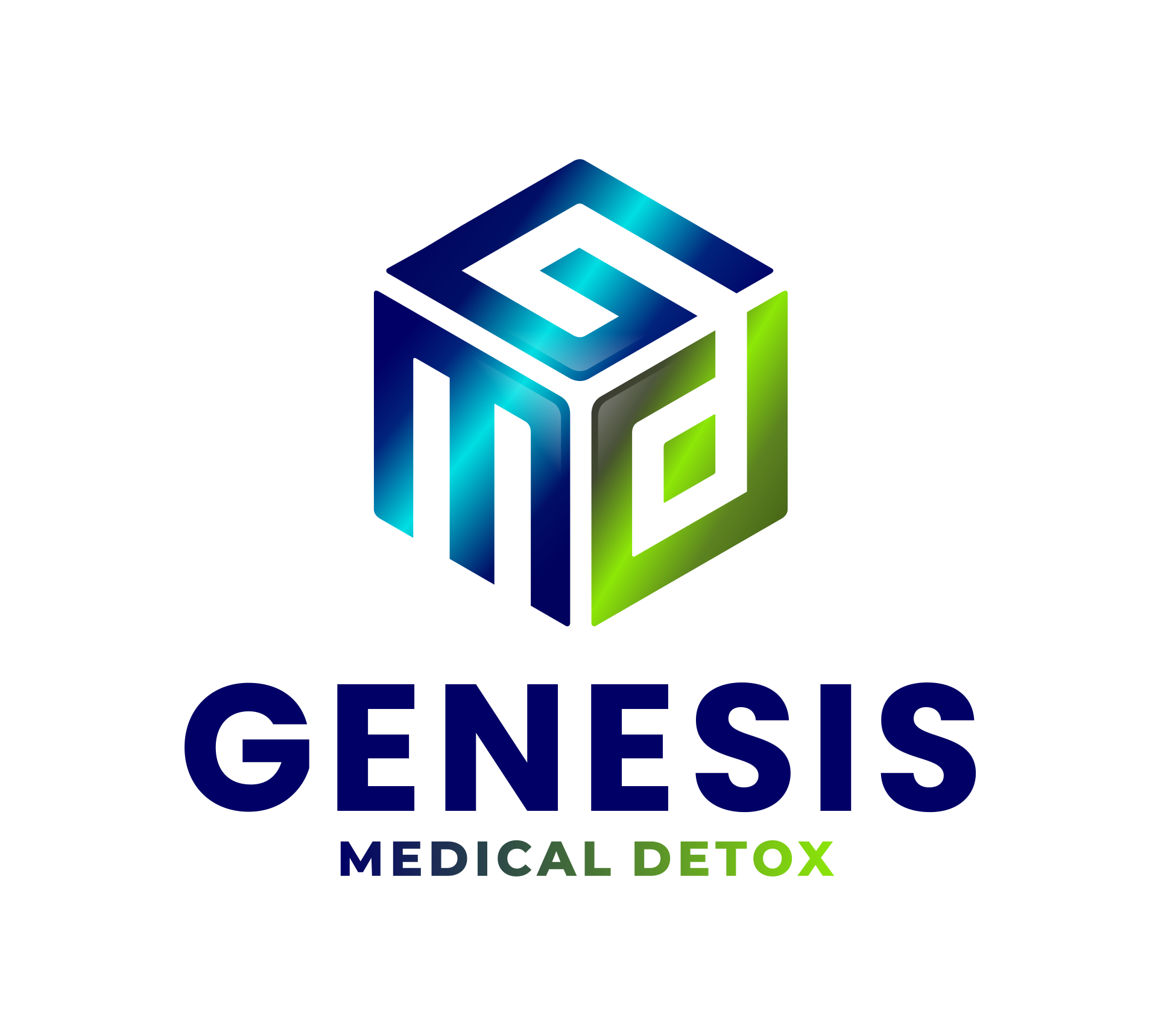Drug addiction is an issue that affects people of all ages and backgrounds, and unfortunately, it can be a hard cycle to break. At its most basic level, drug addiction develops through different stages over time and requires the individual to go through a comprehensive drug detoxification process in order to recover from their addiction for good.
When it comes to drug addiction and substance abuse, an important part of recovery is understanding how it develops. Successful drug addiction treatment involves analyzing complicated physical, mental, and emotional states that can occur at different points in one’s life and how these states may have contributed to the progression of addiction. Through this understanding, people can find healing and hope for better health outcomes down the road.
About Drug Addiction
Drug addiction is defined as the compulsive use of drugs that can lead to physical, social, and mental health issues. The individual may feel a strong craving for the substance and rely heavily on it in order to cope with their daily life. If left untreated, drug addiction can cause serious damage to one’s personal relationships, work-life, financial stability, and overall quality of life.
Generally speaking, drug addiction develops through three main stages – initiation (or experimentation), regular use (or habituation), and dependence.
Stages of Addiction Development
- Initiation or Experimentation: The experimentation stage of drug addiction occurs when an individual tries drugs or alcohol for the first time. During this stage, individuals may temporarily feel pleasure and relaxation, often leading to further experimentation with substances.
- Regular Use: After experimenting with substances, some people develop a habit of regular use in order to experience the same pleasurable feelings they felt during the experimentation stage. This is considered to be the habituation stage of drug addiction, and it can lead to physical and psychological dependence on drugs or alcohol.
- Dependence: When a person is compelled to constantly seek out and consume drugs or alcohol despite experiencing negative consequences due to substance abuse, they have entered the compulsive use stage. This phase is usually characterized by a loss of control over the amount of substance being used and can have devastating consequences on a person’s life.
- Withdrawal: The final stage of drug addiction only occurs when an individual no longer uses drugs or alcohol. At this point, however, the individual may still experience physical and psychological cravings. This stage can be difficult to overcome without professional help as it requires an extensive understanding and treatment plan tailored specifically to each individual’s unique needs.
Through comprehensive drug detox programs, individuals can begin their journey to sobriety and reclaim control over their lives once again. Detoxification involves gradually tapering off one’s intake of drugs or alcohol until they are no longer physically dependent on them. During this process, medical professionals monitor the individual’s progress, provide necessary medication and support, and address any potential complications that may arise.
When it comes to understanding the development of drug addiction, there are certain warning signs that may be indicative of an individual developing an addiction. If you observe any of these warning signs below, it is important to take action as soon as possible.
Physical Signs and Symptoms of Drug Addiction
Nutritional Deficiencies
Deficiencies can occur due to a lack of adequate nutrition or an inability to absorb essential nutrients from food. Nutritional deficiencies can lead to fatigue, weakened immunity, organ failure, and other health issues. Certain vitamins and minerals are especially important for people in recovery from substance abuse as they help restore balance in the body’s systems that have been affected by drugs and alcohol.
Sleep Disturbances
People who struggle with addiction may experience difficulty falling asleep or staying asleep throughout the night, leading to chronic fatigue and irritability during the day. They may also suffer from insomnia, nightmares, and nighttime restlessness.
Loss of Appetite and Weight Changes
Drug addiction can cause a decrease in appetite and cravings for food, leading to nutritional deficiencies and imbalances that can further hinder one’s health and recovery efforts. Weight changes can also occur as a result of drug use, ranging from rapid weight loss to rapid weight gain.
Gastrointestinal or Cardiovascular Issues
Addiction can cause severe gastrointestinal issues, such as nausea, vomiting, abdominal pain, and constipation. These symptoms may be an indication of dehydration or nutritional deficiencies. Cardiovascular complications, such as high blood pressure and abnormal heart rhythms, are also common among those suffering from addiction.
Mental and Emotional Symptoms
Low Self-Esteem and Isolation
Drug addiction can create feelings of worthlessness, guilt, and shame. People may begin to isolate themselves from family and friends due to the stigma associated with substance abuse.
Anxiety and Depression
Anxiety and depression can be common side effects of drug addiction as these individuals no longer feel in control of their lives or the decisions they make. Drug use can worsen these symptoms, creating a vicious cycle that is difficult to break without professional help.
Impaired Judgment and Cognitive Functioning
Chronic misuse of substances can lead to impaired judgment, difficulty concentrating, memory problems, and confusion. These issues can cause further cognitive decline, such as dementia if left untreated.
Mood Swings and Paranoia
Mood swings and paranoia can also be common side effects of drug use. People may become easily agitated, suspicious, or paranoid when faced with challenging situations.
Behavioral Patterns and Habits
Uncontrolled Impulses & Cravings
Addiction can cause a person to become preoccupied with drugs or alcohol, leading to compulsive cravings and destructive behaviors. A lack of inhibition can also lead to high-risk activities that put their health and safety at risk, such as driving under the influence, stealing money or items, or engaging in unprotected sex. As people become more entrenched in substance abuse, they may begin to disregard the consequences of their actions.
Financial Instability & Job Loss
Substance abuse can lead to financial instability as individuals become preoccupied with purchasing drugs or alcohol instead of keeping up with practical responsibilities. Job loss is also common among those struggling with addiction, as drug use may decrease productivity or work attendance.
Relationship Problems
Drug addiction can put a strain on interpersonal relationships and pastimes. Due to addiction, people may neglect their responsibilities towards family, friends, and other obligations. Broken relationships and feeling ostracized from society can also arise from substance-related legal issues such as arrests for public intoxication or driving under the influence. In some cases, people may even commit criminal activity to support their habit, further driving them away from supportive relationships.
Disregard for Self-Care
Drug addiction can lead to a disregard for personal hygiene and self-care, resulting in physical health issues such as an unkempt appearance, poor nutrition, and sleep disturbances. Alongside physical problems, people may also neglect their emotional well-being by refusing to seek help or support from loved ones or professionals. Without proper care and attention, the effects of drug abuse can snowball into more serious mental and physical health concerns if left untreated.
Drug Addiction Treatment in Muscle Shoals, AL
Genesis Medical Detox provides comprehensive care and support to those struggling with drug addiction in Muscle Shoals, AL. Our licensed professionals offer a range of addiction treatment services, including drug and alcohol detoxification. We strive to create a safe and comfortable environment where individuals can begin the journey toward recovery. Contact us today to learn more about what we can do for you or your loved one.
